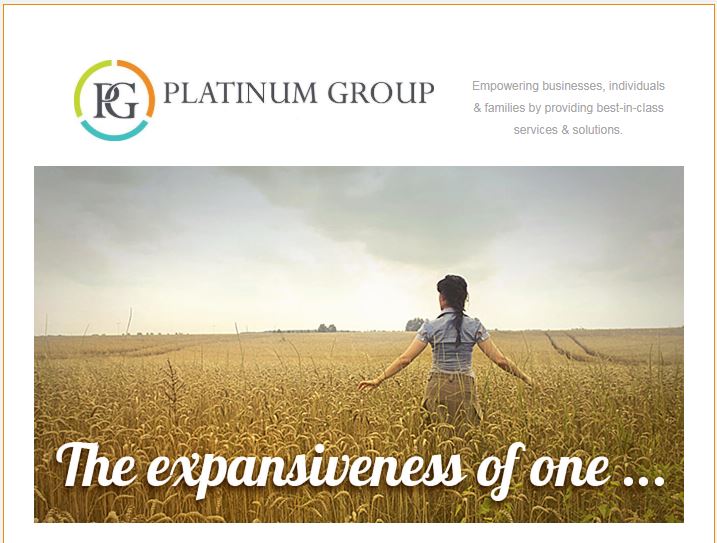With the start of a new decade, companies are continuing to seek out innovative ways to gain an advantage over competitors in the hiring process. From increased utilization of cutting edge technologies to a holistic shift in corporate focus, we can expect to see significant changes in the field of human resources — both for HR professionals, and for job applicants.
The following information discusses 6 key trends to closely watch in 2020 and beyond:
1. Increased Attention on Social Media Presence
In an increasingly globalized and digitized world, a strong resume and impressive interview skills may not be enough for job candidates to land a coveted position. Instead, a professional social media presence may be the determining factor in pushing a particular applicant to the top of the list.
HR professionals are becoming more sophisticated at researching job candidates on social media platforms, such as Facebook. If an applicant’s social media presence places him or her in an unfavorable light, then the hiring manager will likely move on to other candidates. Thus, job applicants must ensure that their private profiles remain private, and that their public postings stay in good taste.
2. Proliferation of Flexible Work Positions and Schedules
There is an ever-accumulating mountain of evidence that flexible work positions and schedules offer key benefits to employers and employees alike.
For instance, one study found that 77% of employees feel that they are more productive when working remotely; another study found that remote employees may regularly work the equivalent of almost one more day per week than their in-office counterparts. Moreover, a majority of job candidates view job flexibility as a key factor in choosing between one of two or more positions.
Flexible schedules and remote positions hold an innate attraction for most job seekers, and constantly advancing technology has made it easier and easier to handle important business tasks remotely. Expect more companies to integrate flexible positions into their operational infrastructure, and leverage these positions to lure top-tier talent into the fold.
3. Utilization of Advanced AI Recruitment Tools
One of the most difficult aspects of a hiring manager’s job is to determine the actual level of a candidate’s ability compared to his/her claims. While there is no perfect solution to this quandary, AI-powered assessment tools are opening up new possibilities for HR professionals during the hiring process.
Expect to see more companies use highly advanced AI recruitment tools to inform their hiring decisions, such as competency and technical skills testing, sophisticated personality assessments, and neuroscience games. Such instruments can help recruiters gain a deeper understanding of a candidate’s actual skills and soft proficiencies.
In addition, automated recruitment tools (such as chatbots that contact job candidates directly to move them to the next step in the hiring process) will help save precious time for HR professionals, and allow them to focus their attention on areas that require human skills, such as assessment for personality and culture fit.
4. Stronger Focus on Company Culture
It’s no secret that it costs much more to hire a new employee than it does to retain a current one. Research indicates that the total cost of employee turnover (including the cost of hiring a new worker to fill in a vacant position) could amount to 1.5 to 2 times more than the original employee’s yearly salary.
Thus, companies will increasingly orient their hiring practices to focus on not only the acquisition of high quality talent, but also on retention. Company culture will continue to play a key role in an employer’s churn rate.
One key aspect of company culture revolves around the onboarding process. Many employees admit that they are much less likely to stay with a particular company if they experience a negative or frustrating onboarding process. With this in mind, expect organizations to pay more attention to improving their onboarding practices so as to make new hires feel comfortable and confident in their role.
5. Reduced Emphasis on Degree Requirements
In the recent past, it seemed that the vast majority of high-paying positions required an advanced degree for hiring managers to even consider an applicant. However, the thinking in the HR world around this subject has started to change. Industry leaders like Apple, Google, and Netflix have dropped degree requirements for most if not all of their posted jobs.
While many companies have followed suit and shifted their focus away from degrees, they have correspondingly paid more attention to applicant performances on highly customized and comprehensive skills tests. This presents a win-win scenario for businesses and job candidates: companies avoid the trap of quarantining themselves from a vast pool of applicants, while candidates without a degree gain the opportunity to prove themselves to a prospective employer.
6. Greater Diversity in the General Workforce, and in HR
As the world becomes increasingly globalized, and new governmental regulations work to ensure a non-discriminatory candidate selection process, we can expect to see companies invest more resources into developing a diverse, inclusive workforce.
This will apply not only to the general workforce, but also to human resources professionals. For example, many companies have begun hiring HR workers with a strong background in sales and marketing. These candidates have demonstrated strong interpersonal and organization skills throughout all stages of the “sales funnel” (e.g., initiating contact, cultivating interest, and finalizing the transaction); skills which are highly translatable to HR operations.
Summary
As more and more companies leverage innovative technologies and strategies to gain an edge in recruitment, it will become increasingly vital for both HR professionals and job applicants to stay adaptive and up to date on the latest trends.
Platinum Group is a full service human capital management (HCM) resource that allows businesses to manage their payroll, benefits compliance, time tracking and attendance, as well as other various human resources functions, in a way that maximizes efficiency and eliminates redundancies. This is accomplished by means of the platform, iSolved. For more information about Platinum Group, or to schedule a demo of iSolved, please visit our website.






















